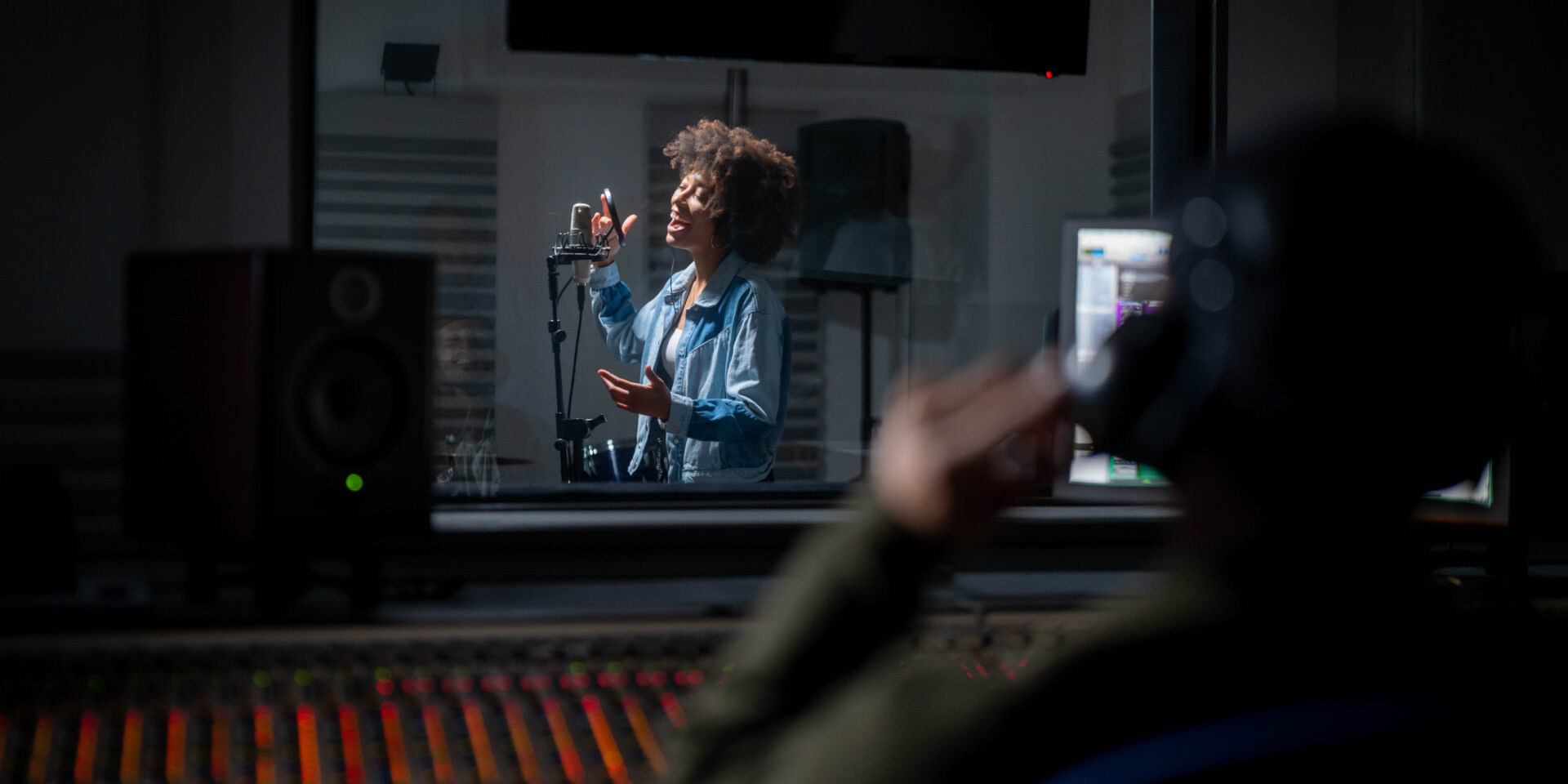Commercial Mediation of Music Disputes
Commercial Mediation of Music Disputes
Carl Islam’s article delves into the complex nature of music disputes and the high litigation risks involved. He outlines various claims, such as breaches of contract and trust, and issues like image rights and copyright infringement. Islam highlights the uncertainty of legal outcomes and advocates for mediation as a beneficial alternative to litigation, promoting collaboration and creative resolutions.
WRITTEN BY CARL ISLAM
High Litigation Risk in Music Disputes
Music disputes are pregnant with litigation risk because they are multifaceted and legally complex. A case theory may hinge upon persuading a judge, on the facts, that an evolving doctrine of law avails the claimant of a remedy. Equitable remedies are discretionary. Consequently, there may be a high degree of uncertainty about legal merits and chances of success. Spiralling costs in litigation also create a power imbalance between an artist and a record company.
The range of claims include band splits or the departure of a member, a breach of confidence, a breach of contract e.g. of a booking agency contract, management contract, music publishing contract, or recording contract. Ther is alos often a breach of fiduciary duty under a management contract – which is linked to claims for equitable compensation, rescission, and contract vitiation on the grounds of undue influence and the doctrine of restraint of trade.
Claims include image rights (also known as ‘personality rights’ or ‘publicity rights’) i.e. an artist’s proprietary rights in their personality, which is linked to branding and endorsement. In England and Wales these rights are not codified. Unauthorised use of a person’s name and image is litigated by claiming for breach of contract; infringement of a trade mark; passing off; defamation and malicious falsehood; breach of confidence; breach of advertising rules; or breach of privacy.
Further there is infringement of copyright, plagiarism and sampling without consent, violation of moral rights, passing off, royalties like their calculation and deductibles, the share of royalties and claims by session musicians, songwriter split disputes, and trade mark infringement e.g. the band’s name, which is linked to ownership of ‘goodwill’ in the name.

What Mediation Brings to the Table
Unless either the relationship between the participants in mediation (P’s) has irretrievably broken down or the will does not exist to collaborate and ‘do a deal’, then as in the words of the late and great George Michael, commercial mediation can not only – ‘Heal the pain’, it can also liberate the P’s, by enabling them to work out a creative deal to their mutual advantage. This can be achieved by maximising joint-gains in a way that furthers each P’s individual interests. For all P’s this requires a ‘paradigm shift’, whereby they each decide to apply their talents to a creative endeavour, instead of engaging in litigation – thereby avoiding the costs, risks, stress and publicity of going to war. In mediation the P’s can also agree a commercial framework for settling a dispute on terms that a court has no power to order.
Although life can only be understood backwards, it must be lived forwards. Mediation is a forward-looking process in which the participants work out their own solution through a process of engagement. Therefore, the first challenge for a mediator in a music, or any other kind of commercial dispute, is to understand what each P wants, needs, prioritises, and why. This requires ‘empathy’ and ‘affirmation’. The second is to facilitate engagement. The ‘hook’ is the making of an ‘interesting offer’. A well-constructed mediation typically involves seven phases:
1) Preparation
2) Exploration
3) Exchange of further information
4) Formulation of proposals
5) Negotiation
6) Adjustments to narrow the gap
7) Agreement of terms in principle followed by the drafting and execution of a binding settlement agreement
What is the Deal Making Zone?
The settlement of a music dispute invariably involves a trade-off between twelve inter-connected variables along a spectrum of needs, resources, priorities, and ‘Red-line’ dealmaker/breaker imperatives, i.e. each P’s BATNA. The Deal Making Zone (DMZ) exists in the space between two interacting parallel dynamics which may converge in the consciousness of each P:
• Relative gains v relative losses (P.1 – P.2).
• Common ground (CG).
Relative gains v relative losses:
(i) Legal rights.
(ii) Creative control.
(iii) Money.
(iv) Recognition, reputation, artistic integrity and credibility.
Common ground in eliminating litigation risk by doing a deal instead of proceeding to trial includes:
(v) Saving costs.
(vi) Saving time.
(vii) Saving energy.
(viii) Avoiding further stress and anxiety.
(ix) Avoiding publicity.
(x) Avoiding the creation of a legal precedent.
(xi) Preserving a commercial relationship and goodwill if worth saving.
(xii) Maximising gain by transforming a conflict into a mutually beneficial commercial arrangement/opportunity.
The author posits that the gap between P1. and P.2 is reduced by the convergence of CG with P.1 – P.2. In other words, the closer P.1 – P.2 is to the underlying CG, the smaller the gap is between P.1 and P.2. That is the DMZ.
Visually this can be represented as follows:
Pre- Convergence
P.1 ———————————————————————————— P.2
CG?
Convergence
P.1 ———— P.2
CG
In contrast to litigation, in commercial mediation the possibilities are only limited by the imagination of the participants and their legal representatives. Whilst not infinite, ‘doable’ deals that ‘are enough’ are invariably possible.
This article was first published in The Law Society Gazette on 1 December 2023, and is reproduced here with the kind permission of the Law Society Gazette.

Carl is the author of multiple books, a member of the Honourable Society of Lincoln’s Inn, and dual qualified as a Solicitor of the Supreme Court (remaining on the Roll). In 2023 he was appointed as an Advisory Board Member to the Standing Conference of Mediation Advocates in London. For more information about his practice visit www.carlislam.co.uk.



